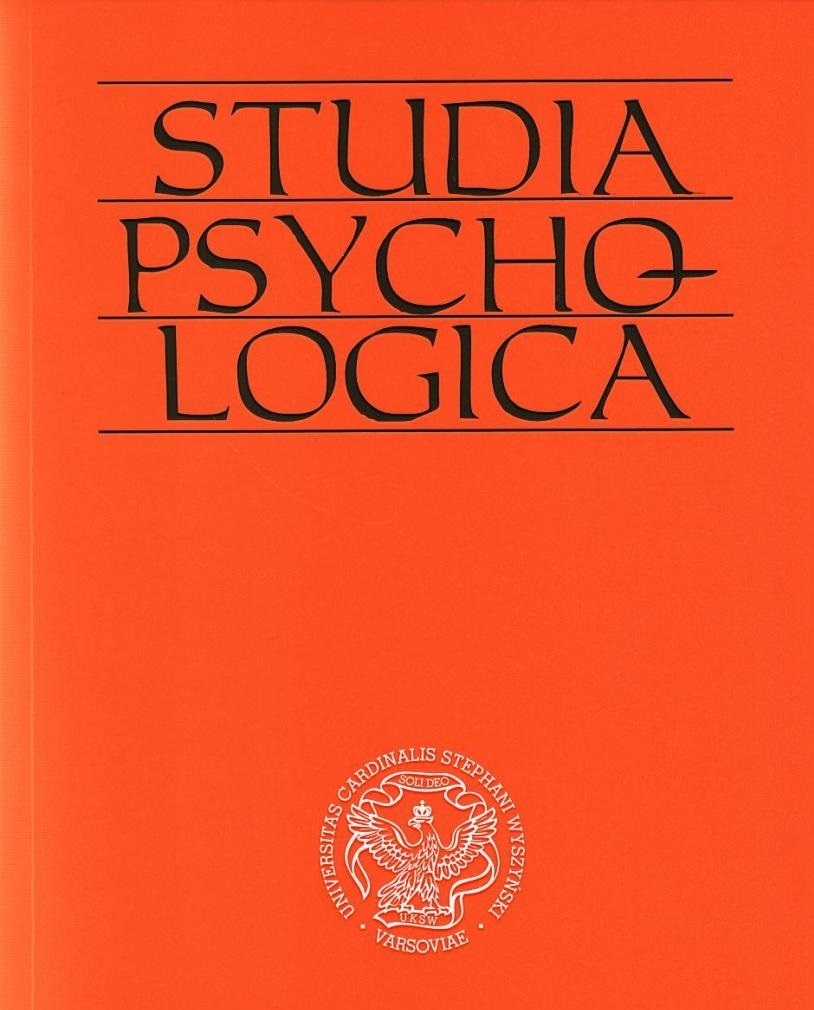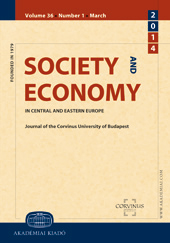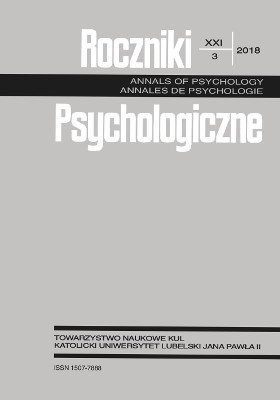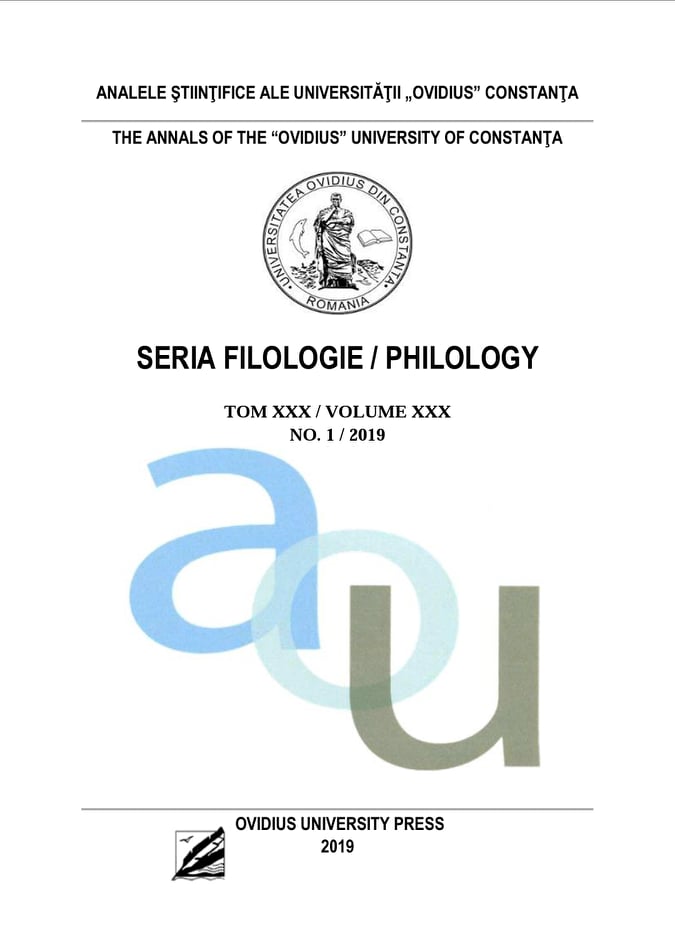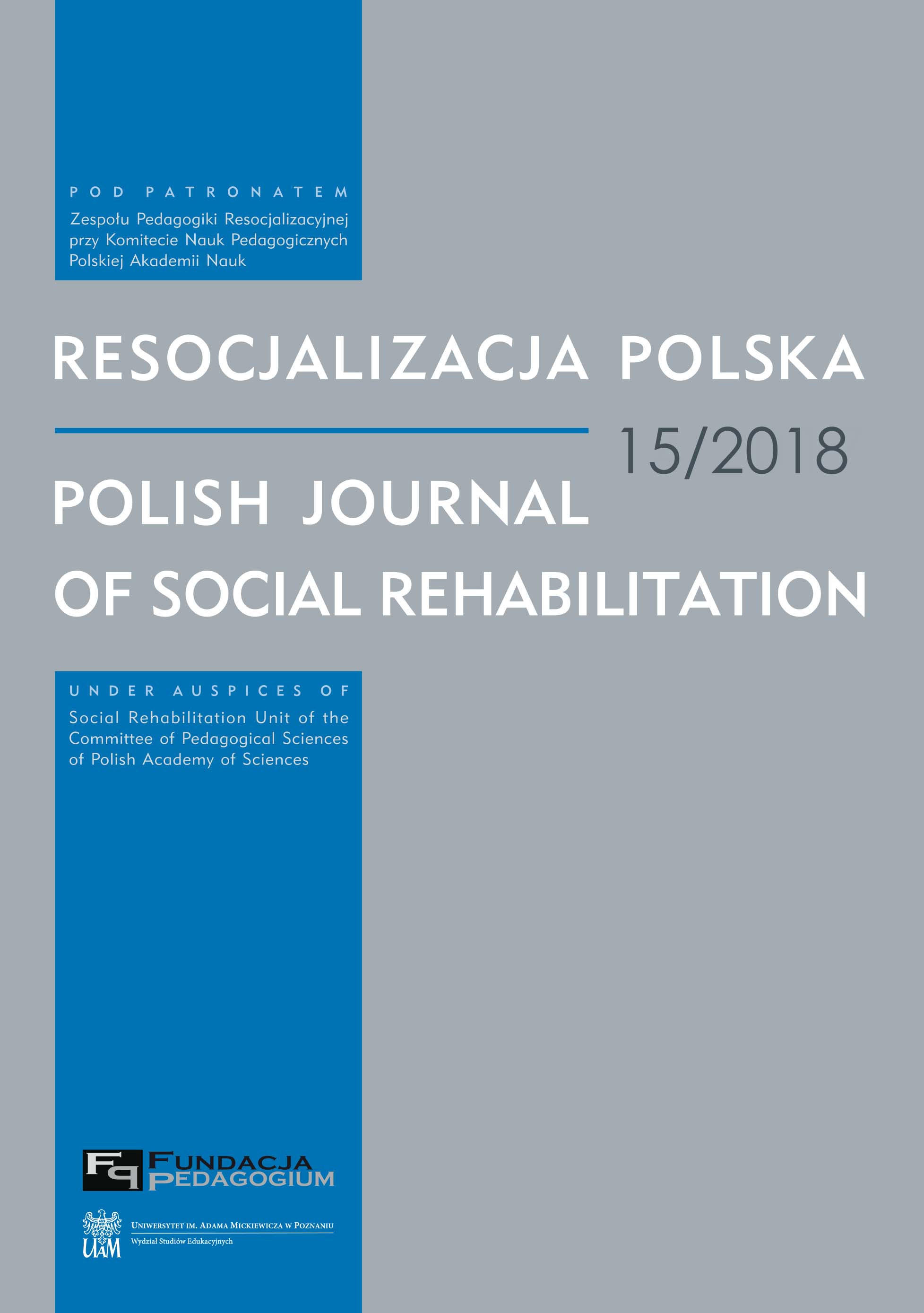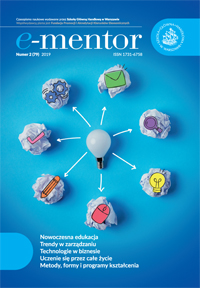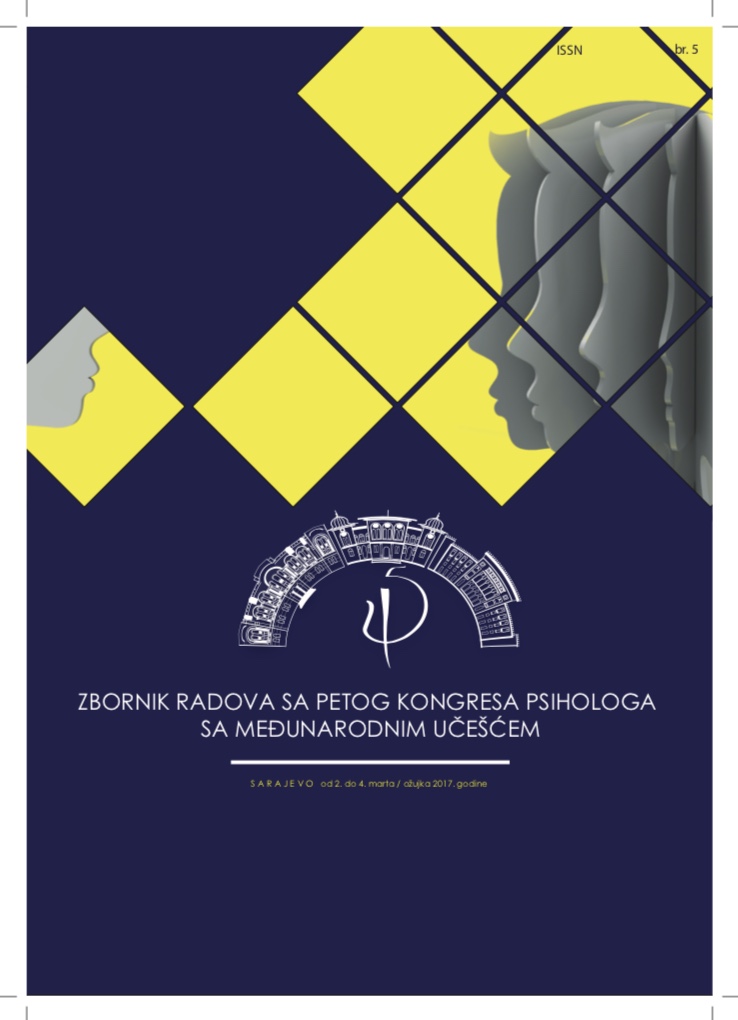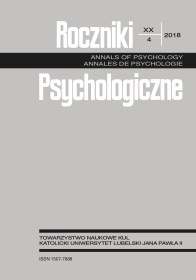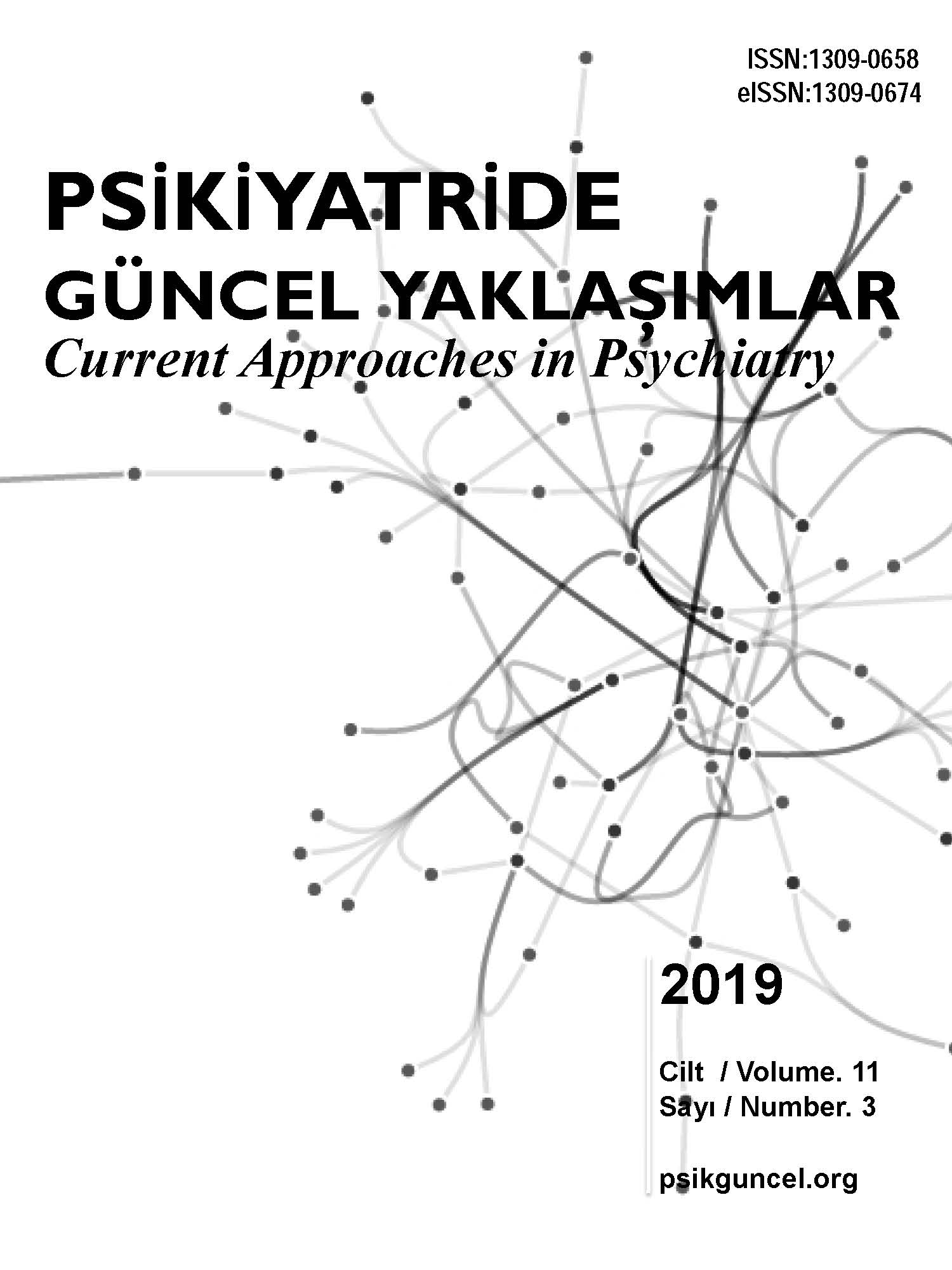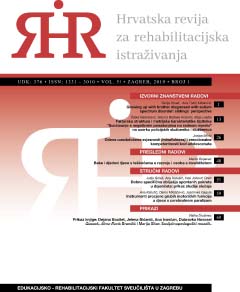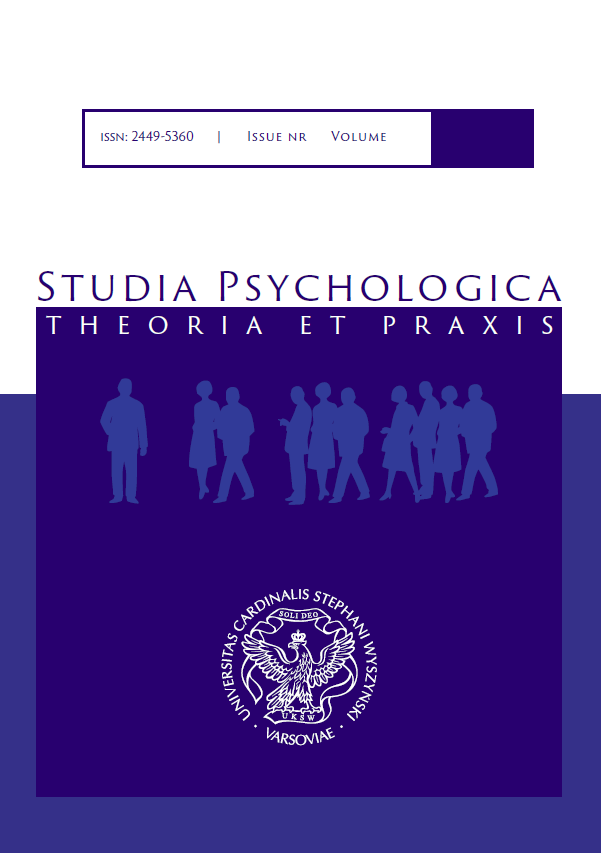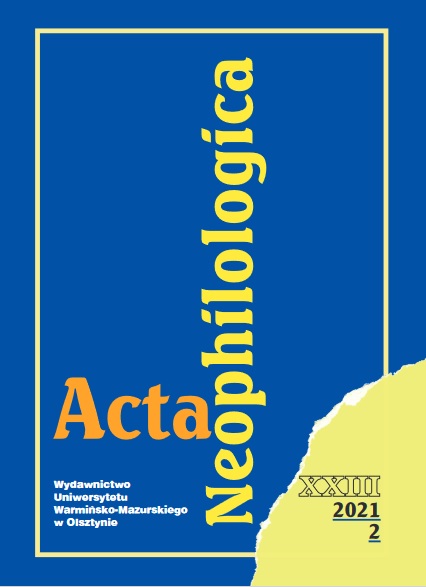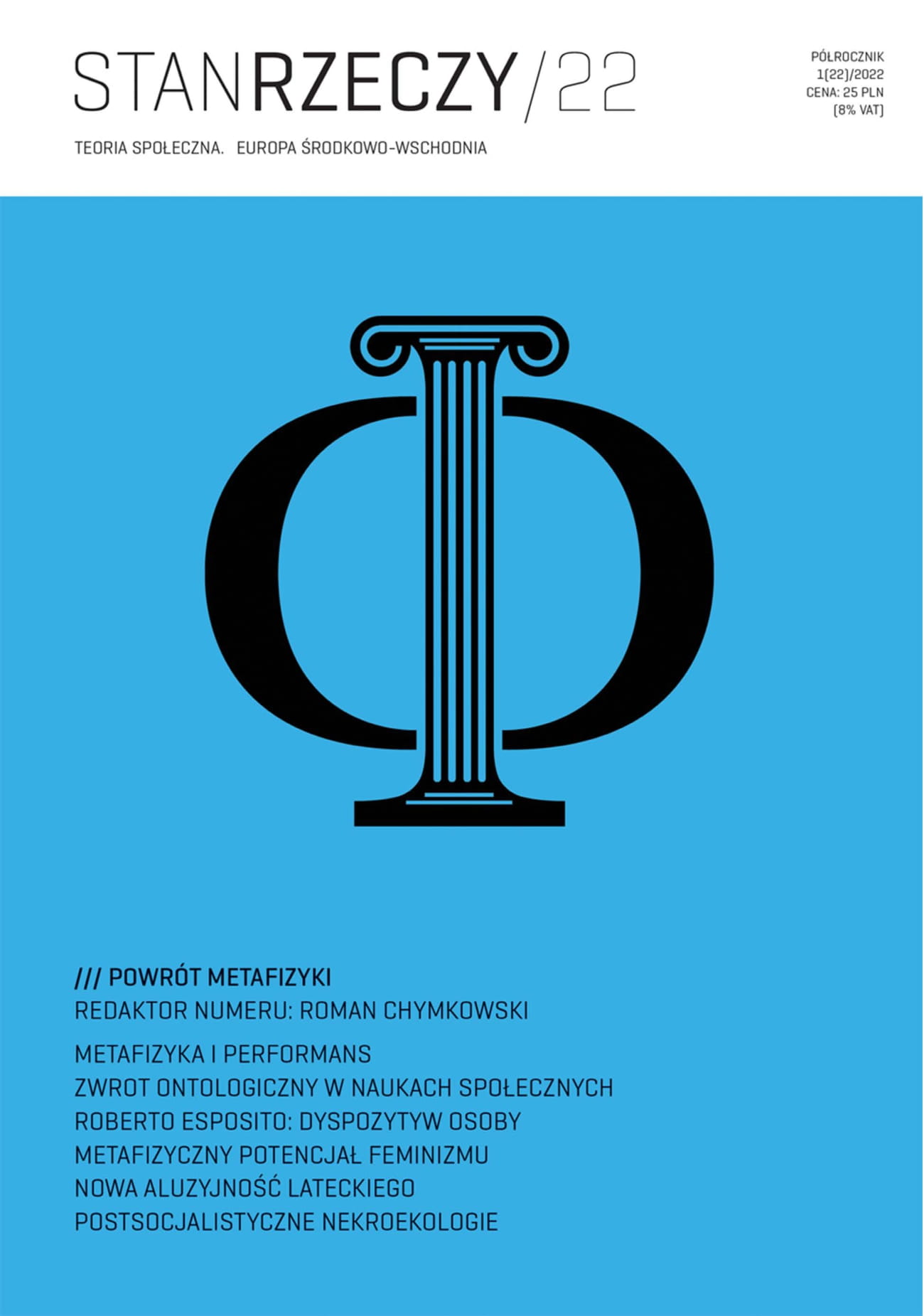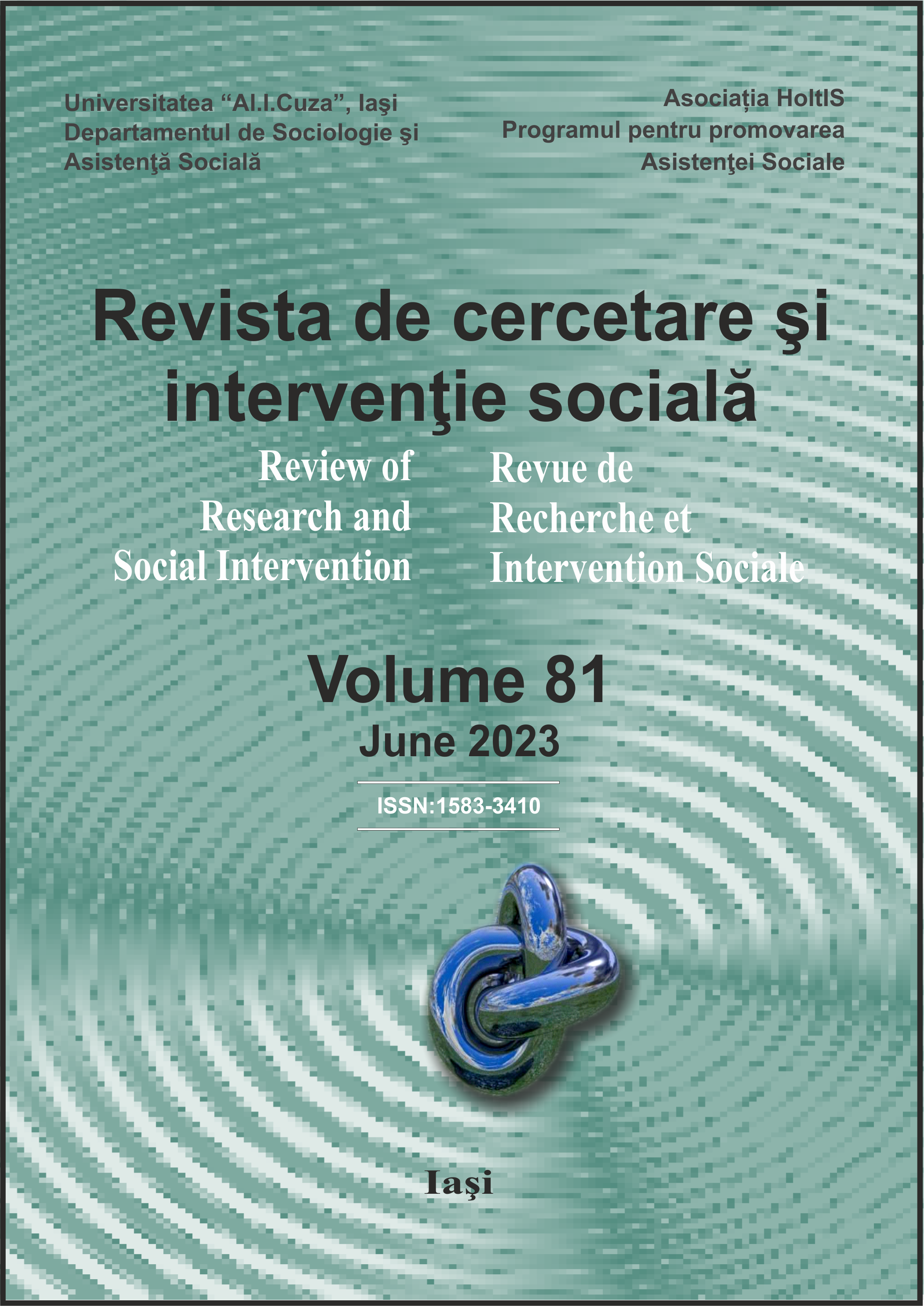
Validation of the Polish adaptation of the Five Facet Mindfulness Questionnaire
Pięciowymiarowy Kwestionariusz Uważności: polska adaptacja
Keywords: mindfulness; psychometric properties; Five Facet Mindfulness Questionnaire
In this research study the Polish adaptation of the Five Facet Mindfulness Questionnaire (FFMQ; Baer, Smith, Hopkins, Krietemeyer, & Toney, 2006) was developed based on strong results of empirical research. A model of mindfulness was presented in which five factors (Acting With Attention, Nonreactivity, Nonjudging, Observing, and Describing) are cited as essential in facilitating health and well-being. In this study the English version of 39-item FFMQ was used to develop the Polish adaptation. The psychometric properties of the Polish FFMQ were assessed in a sample of 800 people (200 artistically gifted young people aged 15-19 years and 600 adults aged 20-50 years) through a validation procedure (reliability analysis, confirmatory factor analysis, and analysis of correlations with other tests measuring psychological variables such as neuroticism, emotional stability, rumination, openness to experience, extraversion, and reflection). The results confirmed the reliability of the test (Cronbach’s α = .73-.86), except in the case of the Nonreactivity scale (α = 0,65-0,66) as well as the validity (4-factor hierarchical model without the Observing scale) of the Polish FFMQ for nonclinical populations aged 15-50 years. Replications in meditating samples and in patients are needed.
More...

